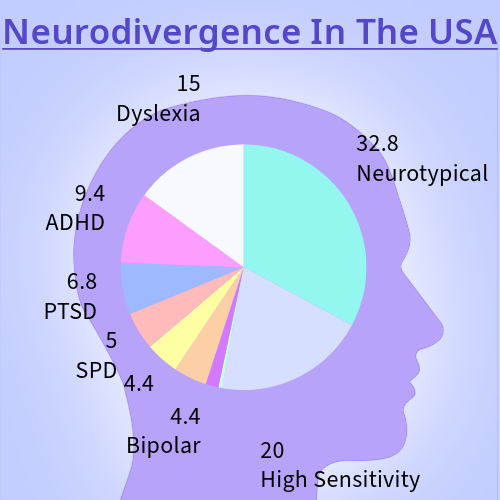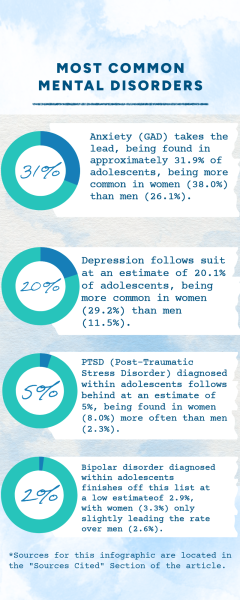Tardy Sweeps Aren’t the Best Answer
Tardy sweeps in schools have become increasingly popular to stop students from being late to class. This practice has been criticized for a lot of reasons, reasons including the potential for humiliation and harm to student mental health.
One of the bigger issues with tardy sweeps is the potential for humiliation of students. Students who are late to class may be singled out and publicly shamed, causing them unnecessary stress and anxiety. A study conducted by the American Psychological Association found that public humiliation can lead to feelings of shame, embarrassment, and low self-esteem. This can be particularly harmful to students who are already struggling with mental health issues.
Another issue with tardy sweeps is the potential for harm to student mental health. Students who are consistently late to class may be dealing with a variety of issues, including anxiety, depression, or a difficult home life. Tardy sweeps may add additional stress to these students’ lives and could potentially exacerbate their mental health issues.
Finally, tardy sweeps may not be an effective way to encourage punctuality. A study conducted by the University of California, Berkeley, found students who were subjected to tardy sweeps were not significantly on time more than students who were not. This suggests tardy sweeps may not be an effective way to address the issue of tardiness.
Instead of relying on tardy sweeps, schools could consider implementing other strategies to encourage coming on time. For example, schools could provide incentives for students who arrive on time a certain amount of days or days in a row, like extra credit or recognition.
Schools could also work with students who are consistently late to address any underlying issues that may be causing their tardiness instead of punishing them.
By prioritizing the well-being of students, schools can create a more supportive and effective learning environment.





